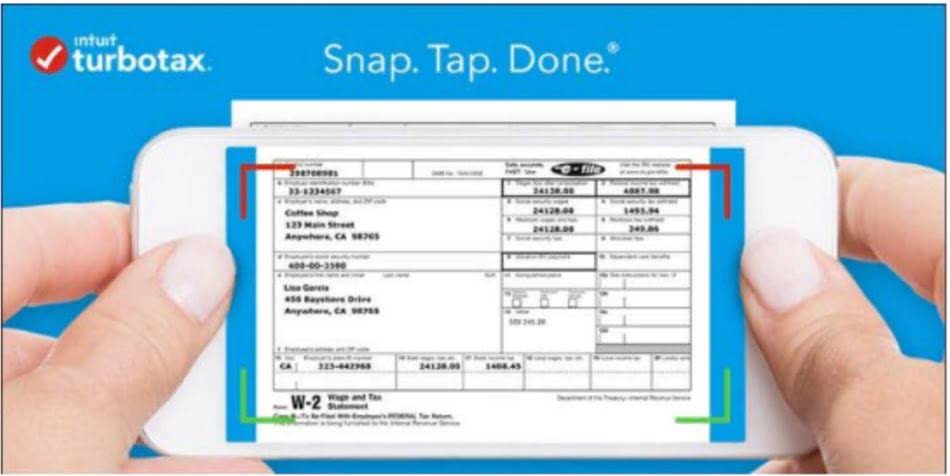
It’s a delicate balancing act, as they strive to maximize their clients’ tax savings while staying within the boundaries of the law. Second, tax preparers with an active PTIN but without AFSP certification. Even without participating in the AFSP, they can file returns for their clients.
Volunteer Experience
That tidy package with everything in one place makes it quite easy to share with a CPA or tax preparer. We can even file your taxes for you, both business taxes and your individual tax return. A tax preparer will likely cost less than a CPA but usually has less extensive knowledge and fewer credentials. So, while the upfront cost may be higher when hiring a CPA, the value provided by their in-depth financial knowledge and strategic advice can potentially save you money in the long run. It’s important to consider the long-term benefits and potential cost savings when making a decision between a tax preparer and a CPA.
Estimating the Cost of Hiring a CPA
Since CPAs are also considered tax preparers, as the title suggests, they are highly knowledgeable in local, state, and federal tax laws. CPAs are licensed by the AICPA (American Institution of Certified Public Accountants). Before an accountant can sit for Law Firm Accounts Receivable Management AICPA’s exam, they must complete a bachelor’s degree and 150 credit hours with a focus on accounting, business and general education.

OTHER TYPES OF CERTIFIED TAX PREPARERS
Let’s discuss the difference between a general tax preparer and a CPA to help you decide if you need either for your business. Here’s a breakdown of when you might hire a tax preparer and when hiring a CPA makes more sense. “Because I focus specifically on tax, I am tax preparer vs cpa always aware of emerging trends,” Roberto Done, EA, a tax accountant at D.E Caribe Taxes in the Bronx, told The Balance in a phone interview. Moreover, there are more than 46,000 public accounting firms (from small companies to large organizations) in the US.

- Moreover, tax preparers are usually preferred by individuals who do not require any other accounting services.
- A tax preparer’s primary responsibility is to accurately complete tax returns based on the information provided by their clients.
- CPAs meticulously review financial statements, analyze data, and identify any potential discrepancies or irregularities.
- The significant difference between a CPA and a Tax Preparer is their respective area of specialization.
- For one, CPAs usually find employment at big accounting and management consulting firms.
- CPAs are also usually required to complete 40 hours of continued education annually.
However, a ledger account private accountant may be more budget-friendly and could still have significant experience, especially with simpler tax preparation. A tax preparer’s primary responsibility is to accurately complete tax returns based on the information provided by their clients. They ensure that all income, deductions, and credits are properly reported and accounted for. Additionally, tax preparers may also offer tax planning advice to help clients reduce their tax liabilities in future years. However, you must have an active IRS Preparer Tax Identification Number (PTIN) to be authorized to prepare tax returns.
